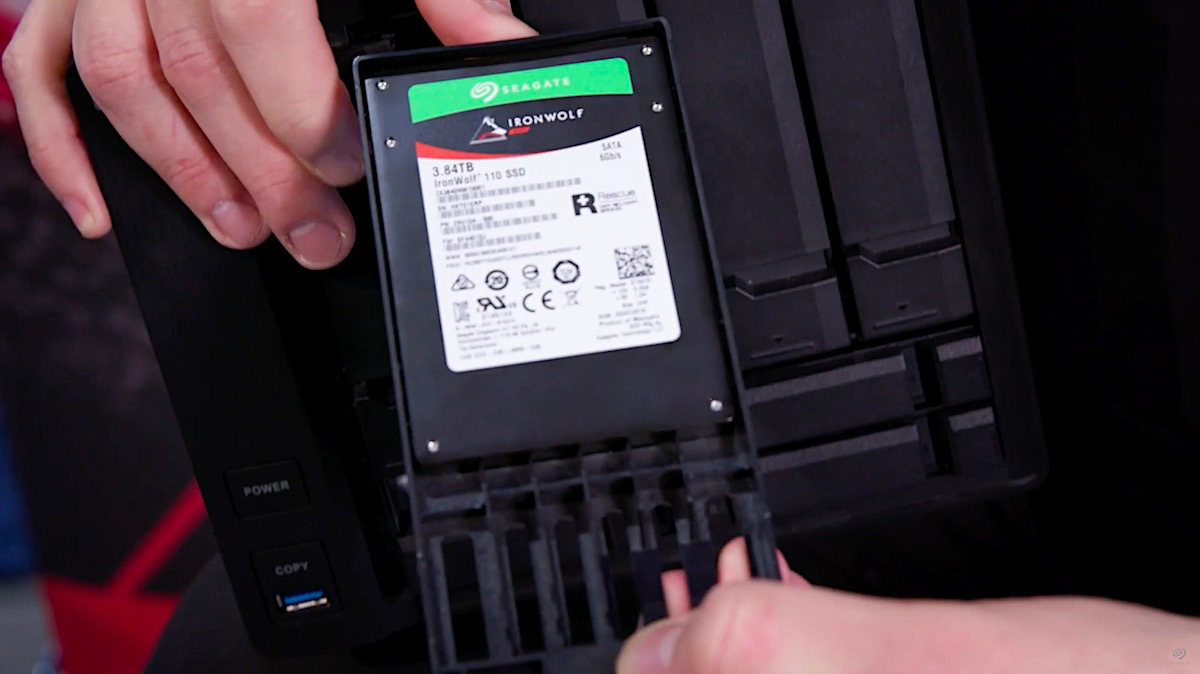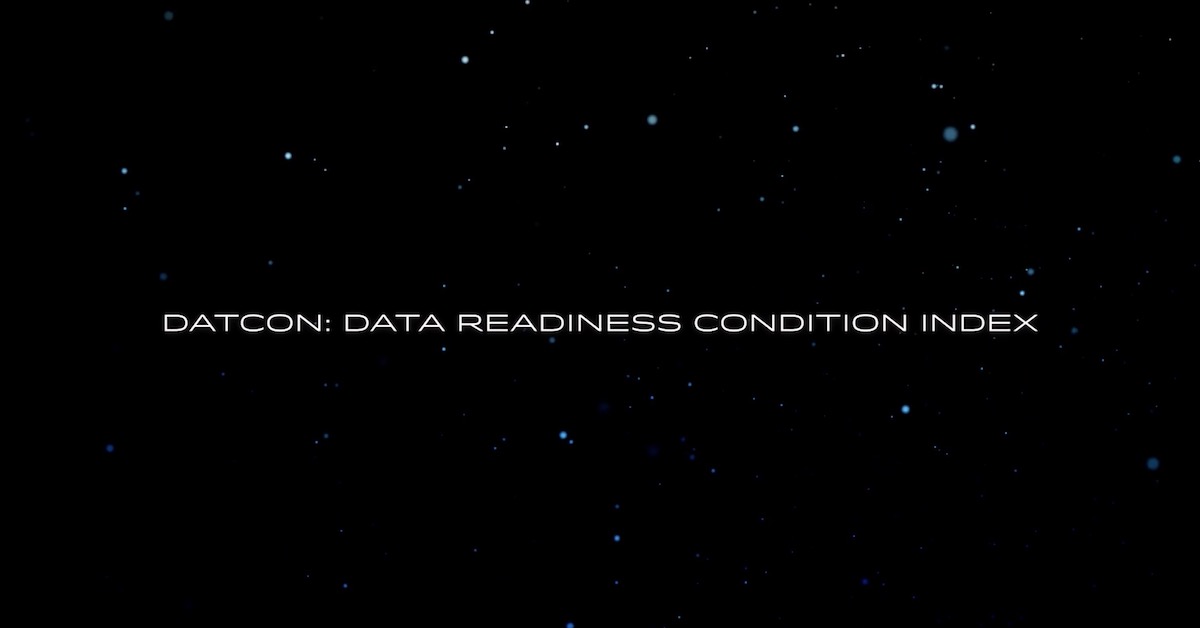 “The cloud is now your hard drive. And not just a few dozen Gigabytes, Terabytes or even Petabytes, but all of it – infinite storage – for only $10 per month.” Now that is a compelling message, but will it fly?
“The cloud is now your hard drive. And not just a few dozen Gigabytes, Terabytes or even Petabytes, but all of it – infinite storage – for only $10 per month.” Now that is a compelling message, but will it fly?
The TechCrunch Disrupt finalist Bitcasa promises:
- Infinite Storage On Your Desktop
- Data Storage Should Be Smarter
- No More Syncing And Copying
- Sharing is simple
- Your Data Is Secure
The story is compelling for sure, but not without some skepticism…
 Do consumers trust the cloud to be their hard drive? It’s funny how the cloud storage guys always use the risk of hard drive failure as a key selling point, when in all actuality, their business runs almost entirely on hard drives. I think people realize that all mechanical devices are prone to fail from time to time, so its incumbent upon the user to protect themselves from such events with backup. There still is no faster more efficient means of storing and retrieving data than local storage. Plus, consumers have the peace of mind that their stuff is on their drives, in their home. Are they ready to place that trust entirely on the cloud? I think some are, but a majority of mainstream users, probably not quite yet.
Do consumers trust the cloud to be their hard drive? It’s funny how the cloud storage guys always use the risk of hard drive failure as a key selling point, when in all actuality, their business runs almost entirely on hard drives. I think people realize that all mechanical devices are prone to fail from time to time, so its incumbent upon the user to protect themselves from such events with backup. There still is no faster more efficient means of storing and retrieving data than local storage. Plus, consumers have the peace of mind that their stuff is on their drives, in their home. Are they ready to place that trust entirely on the cloud? I think some are, but a majority of mainstream users, probably not quite yet.
Do customers trust network connectivity/bandwidth enough to rely solely on the cloud for all of their content? Face it, bandwidth is already stretched to its limit as carriers begin to tier data plans to usage. If you make the cloud your hard drive, what will that do to your data usage, and thus your monthly cell bill? As far as I can remember, storage has always been cast as the bottleneck when it comes to raw performance, but with the introduction of the cloud, is the new more pervasive bottleneck going to be network bandwidth? All I know is that opening files stored on the cloud for me is significantly slower than if they were stored locally on my PC. Hopefully with Bitcasa’s intelligent caching, this is no longer the case.
How do consumers feel about their content being just like everybody else’s? Bitcasa says that most of our content is a duplicate, meaning the likelihood that any piece of content is unique to an individual is small. ExtremeTech explained it well, “Those MP3s purchased from iTunes, photos, and even all those pirated movies are duplicated on many other users’ computers. Bitcasa uses a de-duplication algorithm along with compression technology to reduce the amount of storage space needed for each user. The upshot being that if two users have an identical file in Bitcasa, the service only keeps one copy and makes it available to both users.” I wonder how this will fly with a consumer market that prides itself on personal collections. There still remains an element of ownership when it comes to digital assets and content. Will consumers be okay with this aggregation of content? Again, for some, no problem. The benefits vastly outweigh the “sense of ownership” argument, and you can’t beat the price at $10.00 per month.
I love the concept and am a believer in the cloud, and what Bitcasa is doing. But using it as my primary hard drive and turning my notebook into…well…a netbook. I’m just not there yet, but that’s just me.
What about you?
Related Posts:
The incredible disappearing hard drive
Storing data in the cloud…I feel safer already
Irony? Apple iCloud bad for flash, good for disk?
…More on Cloud Storage







I am waiting for my own Bitcasa Invite. I want to be a winner of their ongoing contest where they are giving away lifetime infinite storage for life.
The fact remains, regular folks cannot have a properly backed up storage at their homes.
Some of us may be technical enough to have multiple levels of backups of our important data. But majority of computer users probably have nothing planned.
And this is where services like Dropbox, Google Drive (rumored), BackBlaze and Bitcasa comes handy.
You can setup an account for your moms and dads and you can be sure that they would not lose their important data for just a couple of bucks per month (or free in some cases).